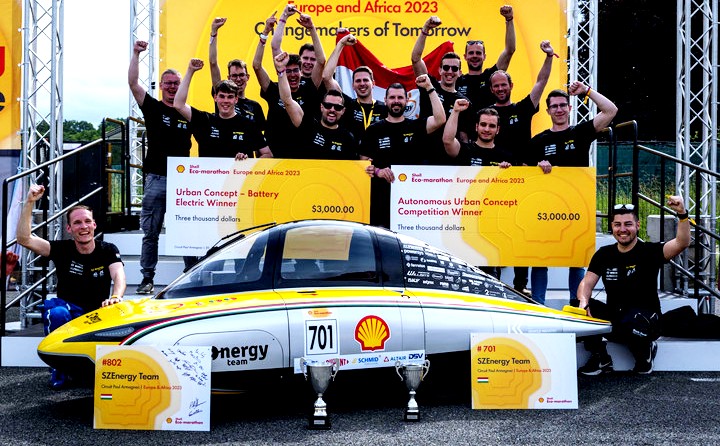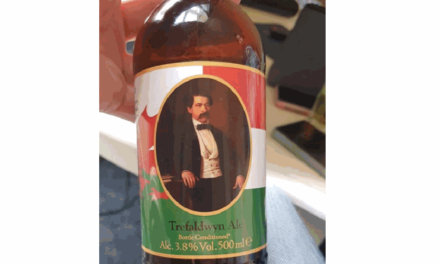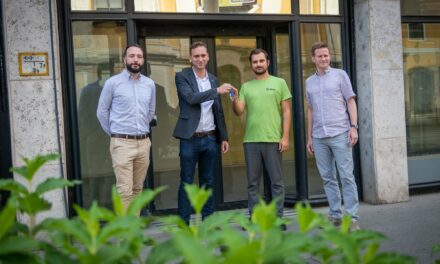The SZEnergy Team, the student team developing electric vehicles from the Széchenyi István University in Győr, took first place in Europe's largest energy efficiency competition in the self-driving and small city car categories, ahead of the continent's most famous universities, breaking its own world record last year in the latter category, the institution informed Magyar Hírlapot.
Last year in Assen, the Netherlands, the SZEnergy Team won the Shell Eco-marathon competition for European and African teams in the small city car category, with a world record, with an energy balance of 284 kilometers per kilowatt hour, and then in July, at the French stop of the competition series, it came second in the autonomous, i.e. self-driving, category. According to the announcement, the teams tested their skills in the same place, in Nogaro, between May 19 and 25 this year. This time, the SZEnergy Team set the goal of obtaining two first places, and the university students from Győr succeeded in this - with a new world record of 291 kilometers per kilowatt hour in the city small car category. This means that the electric vehicle from Győr completed the designated distance with such low consumption that it would have reached 291 kilometers using 1 kilowatt hour - which is essentially equivalent to using an iron for two hours - the university pointed out.
Three tasks had to be completed in the autonomous category. First, the vehicle drove along a 1.2-kilometer racetrack section, then navigated through obstacles in a sector created with buoys, and finally parked next to two cars in the only free space - all in self-driving mode, without human intervention. The success may have been due to the fact that, based on last year's competition experiences, the students and doctoral students developed new, own environmental detection algorithms. In a unique way in the field, the drivable road surface and obstacles were determined using the camera image and LIDAR data - that is, laser-based remote sensing.
In the small city car category, the SZEnergy Team came to France as the defending champions, but this year's result surprised even the members, according to the university. "We didn't expect a new world record, primarily because the differences in level are greater on the Nogaró racetrack than in Assen, so it is more difficult to produce low fuel consumption. Our rivals couldn't improve compared to last year, but we did. A role in this was played by the fact that, although our car was based on last year's base, beyond the changes due to compliance with the competition rules, we managed to further develop, among other things, the electronic system, the spring members or the drive cycle optimization that determines the driving strategy. Moreover, thanks to our self-developed telemetry, we were able to monitor the vehicle and the pilot during the race," reads the announcement.
The success was also contributed by the fact that, in addition to the European-standard infrastructure of Széchenyi István University in Győr, one of the world's most modern vehicle industry test tracks, ZalaZONE, became the property of the foundation that maintains the institution. It is worth adding: the world-famous success of the SZEnergy Team is also of significant value in terms of the Hungarian Auto-Motorsport Development Strategy adopted by the government.
Source: MTI
(Header image: The SZEnergy Team is the best in Europe. Photo: István Széchenyi University/Máté Dudás )












